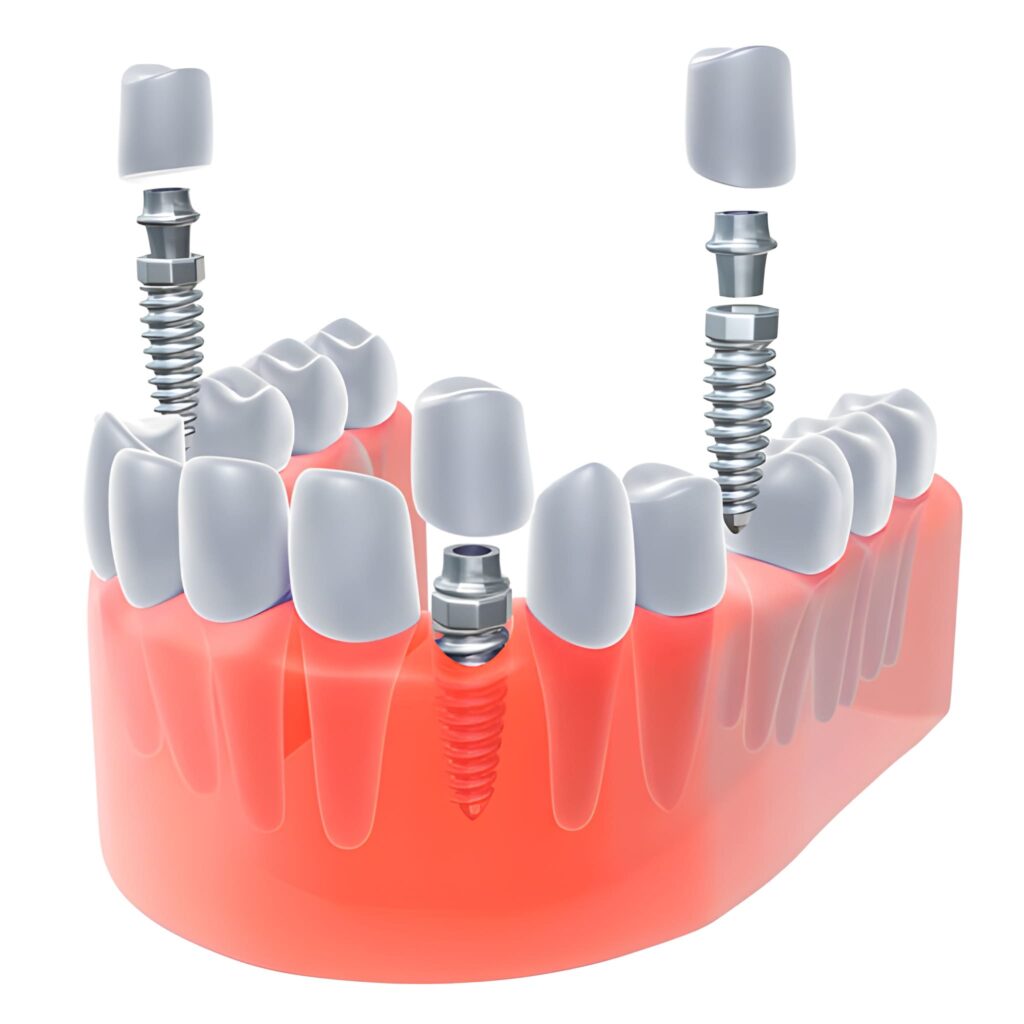Veneers are a popular cosmetic dental solution, known for enhancing smiles and boosting confidence. However, like anything, they age over time. If you’ve ever wondered what veneers look like after a decade, you’re not alone. Understanding how veneers change over the years can help you maintain that radiant smile and know when it might be time for replacements.
The First Few Years: Gleaming Perfection
During the first few years, your veneers will likely look just as stunning as the day you got them. The materials used, such as porcelain or composite resin, are designed to resist stains and maintain their brightness. Your smile will continue to dazzle, and you’ll probably receive compliments on your perfect teeth. Regular dental check-ups and good oral hygiene will help keep them in tip-top shape.
Do They Shave Down Your Teeth for Veneers?
Year 5: Subtle Changes Begin
As you reach the five-year mark, you might start to notice some very subtle changes in your veneers. While they still look great, small signs of wear may begin to appear. These might include minor chipping at the edges or slight dulling of the shine. This is entirely normal and usually doesn’t affect the overall appearance of your smile. Regular maintenance, such as brushing and flossing, will help slow down these changes.
Year 10: The Natural Aging Process
By the time you reach ten years, it’s natural to see more noticeable changes in your veneers. At this stage, you may observe some slight discolouration, especially if you frequently consume foods and drinks known to stain teeth, like coffee or red wine. The edges of the veneers might also show more wear and tear, with possible chipping or roughness. These changes are part of the natural aging process and don’t necessarily mean your veneers are failing, but it’s essential to keep an eye on them.
What Happens If You Don’t Like Your Veneers?
Signs It’s Time to Replace Your Veneers
Although veneers are durable, they don’t last forever. Around the ten-year mark, you might start noticing signs that it’s time to consider replacements. These signs include:
- Visible Damage: If your veneers have chips, cracks, or rough edges that affect your smile’s appearance.
- Discolouration: Significant staining or yellowing that doesn’t respond to professional cleaning.
- Gum Recession: If your gums have receded, you might see gaps between the veneers and your gums.
- Pain or Sensitivity: Persistent discomfort could indicate an underlying issue with the veneers or the teeth beneath them.
If you notice any of these signs, it’s best to consult your dentist. They can evaluate the condition of your veneers and recommend the best course of action.
Can You Get Veneers on the NHS?
Caring for Veneers to Prolong Their Life
To keep your veneers looking their best, proper care is crucial. Here are some tips to help prolong the life of your veneers:
- Practice Good Oral Hygiene: Brush and floss daily to prevent plaque buildup and maintain healthy gums.
- Avoid Hard Foods: Biting into hard foods like ice or nuts can cause veneers to chip or crack.
- Limit Stain-Causing Foods and Drinks: Reduce consumption of coffee, tea, red wine, and other foods that can stain your veneers. If you do indulge, rinse your mouth or brush your teeth afterwards.
- Quit Smoking: Smoking can cause stains and impact the overall health of your mouth.
- Wear a Night Guard: If you grind your teeth at night, wearing a night guard can protect your veneers from damage.
- Regular Dental Check-Ups: Visit your dentist regularly for cleanings and check-ups to ensure your veneers and natural teeth remain in good condition.
Can Veneers Be Done in One Day?
Can Veneers Last Longer Than 10 Years?
With proper care, veneers can certainly last beyond ten years. However, it’s essential to remember that their longevity depends on several factors, including the quality of the veneers, your oral hygiene habits, and lifestyle choices. Some people find their veneers still look great after 15 years, while others may need replacements sooner. Regular dental visits are crucial in monitoring the condition of your veneers and deciding when it’s time for an upgrade.
Living with Veneers: A Lifelong Commitment
It’s important to understand that getting veneers is a long-term commitment. Once you have them, you cannot return to your natural teeth because the process of applying veneers involves removing a thin layer of enamel. Therefore, it’s essential to care for them properly and be aware that they will eventually need replacing. However, with the right maintenance and a commitment to oral health, veneers can provide a beautiful, long-lasting smile.
Can You Go Back to Normal Teeth After Veneers?
Conclusion: Embrace the Journey of Veneers
Veneers are a fantastic way to enhance your smile and boost your confidence. While they do change over time, proper care can ensure they continue to look great for many years. Regular dental check-ups, good oral hygiene, and a commitment to maintaining your veneers will help you enjoy your smile for a decade or more. Remember, your veneers are an investment in your dental health and appearance, so take care of them, and they will take care of you.
Book Your Consultation Today!
Ready for a Radiant Smile? Visit Cove Dental and Implant Centre
At Cove Dental and Implant Centre, we understand the importance of a smile that stands the test of time. Our team of skilled professionals is dedicated to providing top-quality veneers and long-term dental care to ensure your smile remains as stunning as ever. Whether you’re considering veneers for the first time or thinking about replacements, we’re here to guide you every step of the way. Book your consultation today and let us help you achieve a smile that lasts a lifetime!
How Many Veneers Is a Full Set?
Frequently Asked Questions
Can veneers stain over time?
Yes, although veneers are stain-resistant, they can discolour over time, especially if you frequently consume staining foods and drinks like coffee or red wine. Proper care and regular cleaning help maintain their brightness.
Are veneers reversible?
No, veneers are not reversible. The procedure involves removing a thin layer of enamel from your teeth, making it a permanent change. Once applied, you will always need some form of dental restoration.
Do veneers require special care?
Veneers do not require special care beyond your regular dental routine. Brush, floss, and visit your dentist regularly to maintain their appearance and longevity. Avoid hard foods that could chip or damage the veneers.
Are Veneers Fake Teeth?
Can I whiten my veneers?
No, veneers cannot be whitened. If they become discoloured, the only option is to replace them. It’s important to choose a shade you’re happy with from the start, as the colour cannot be changed later.
Will getting veneers hurt?
The process of getting veneers is typically painless. Your dentist will use local anesthesia during the preparation and application, ensuring you’re comfortable throughout. Any minor discomfort afterwards can usually be managed with over-the-counter pain relief.





